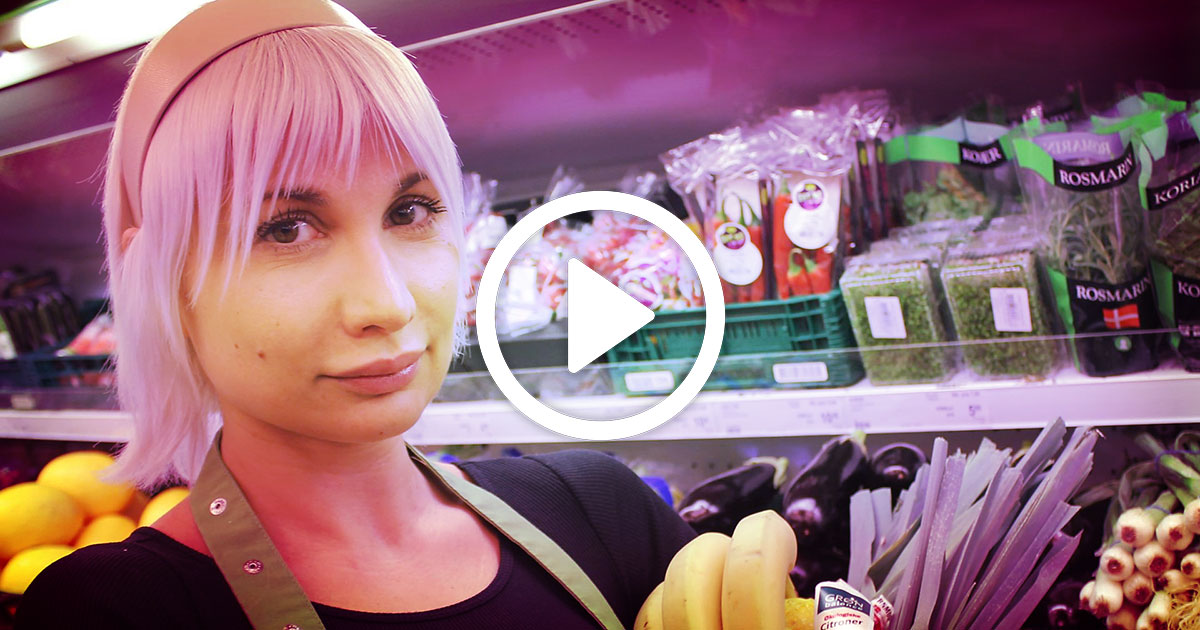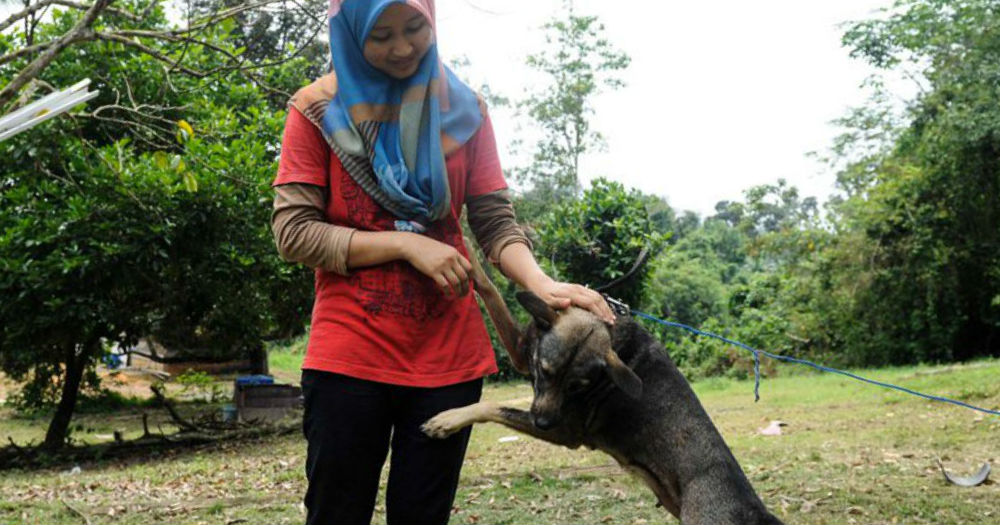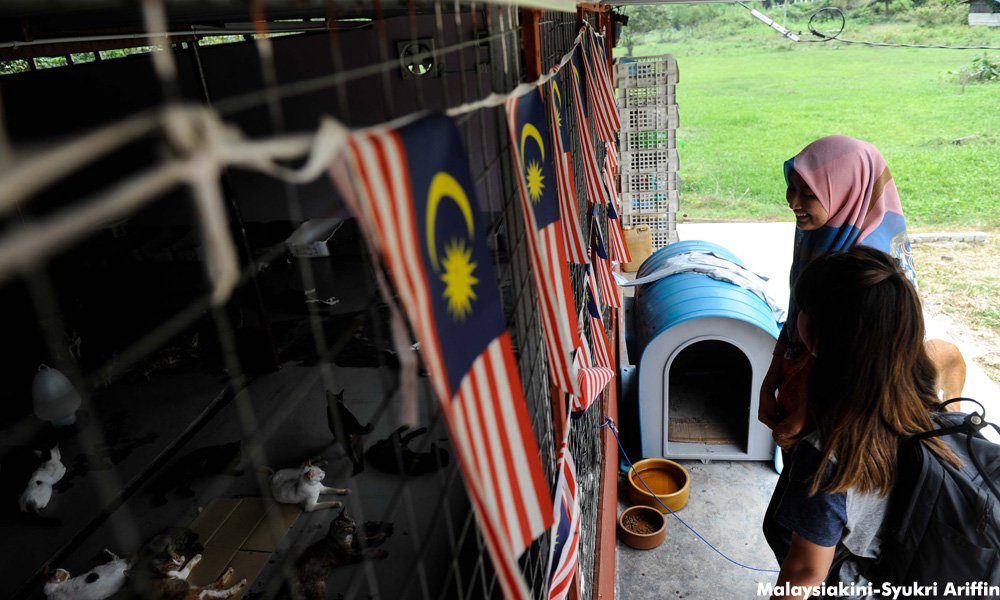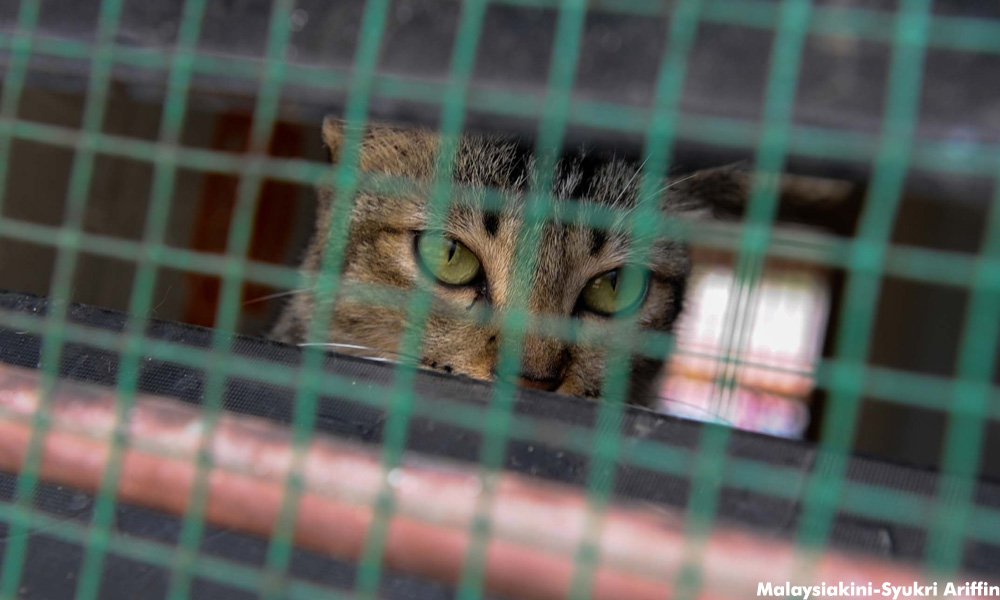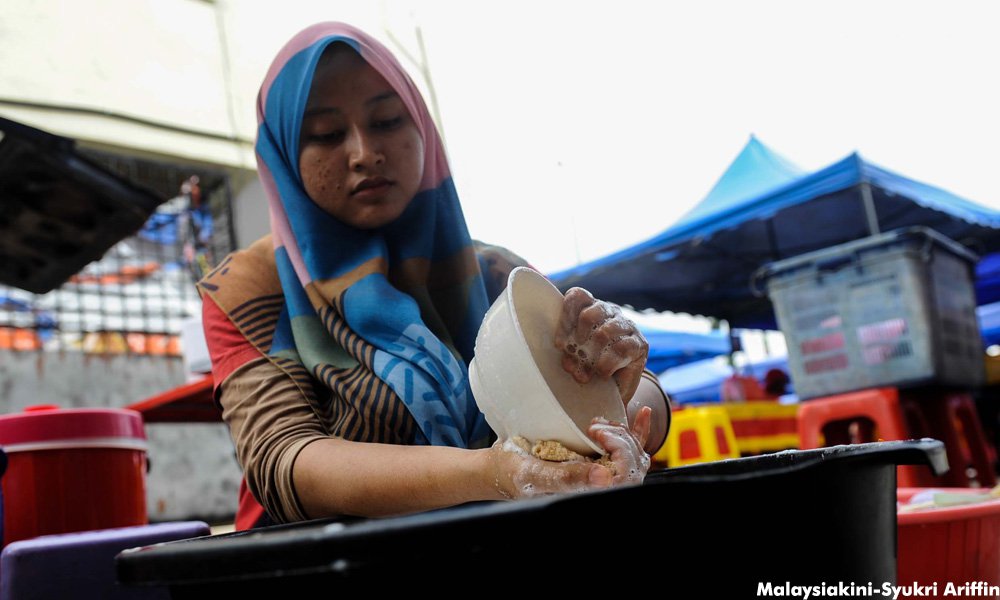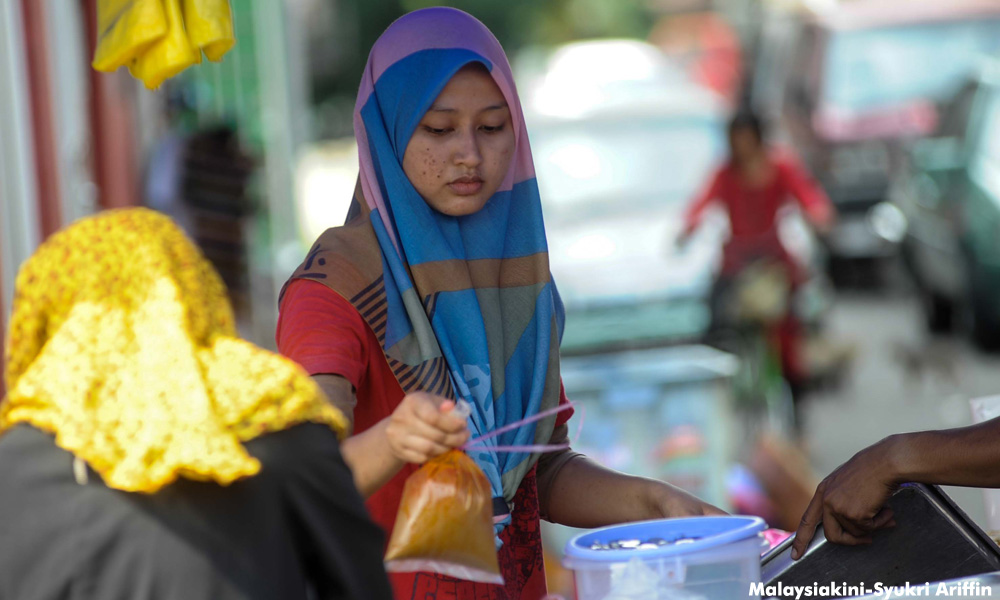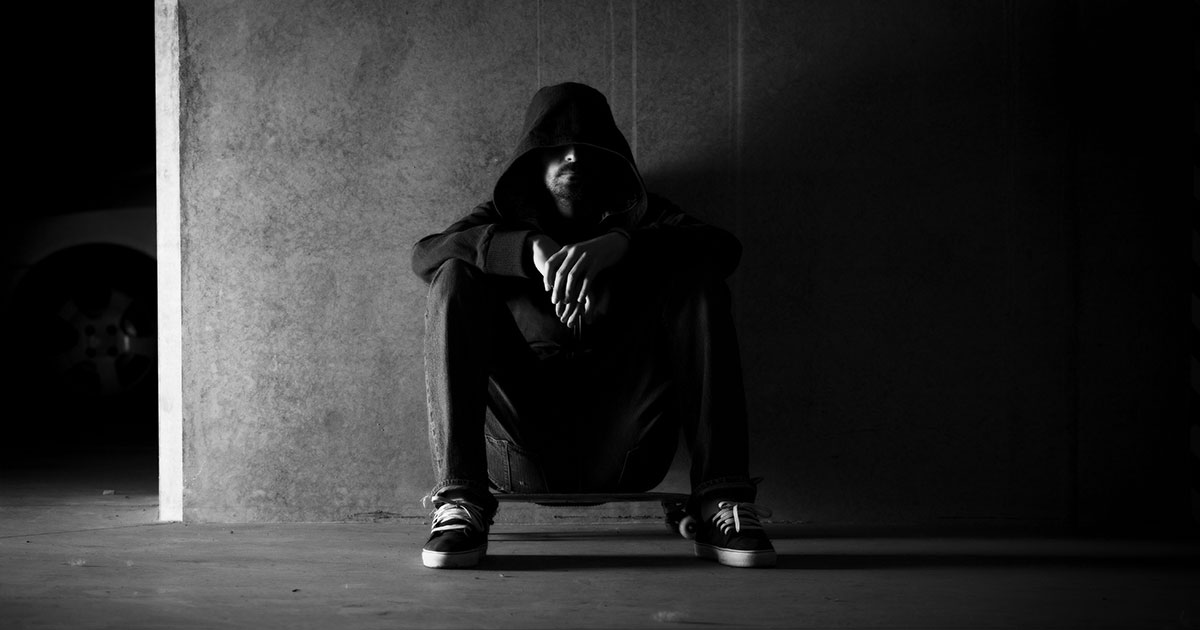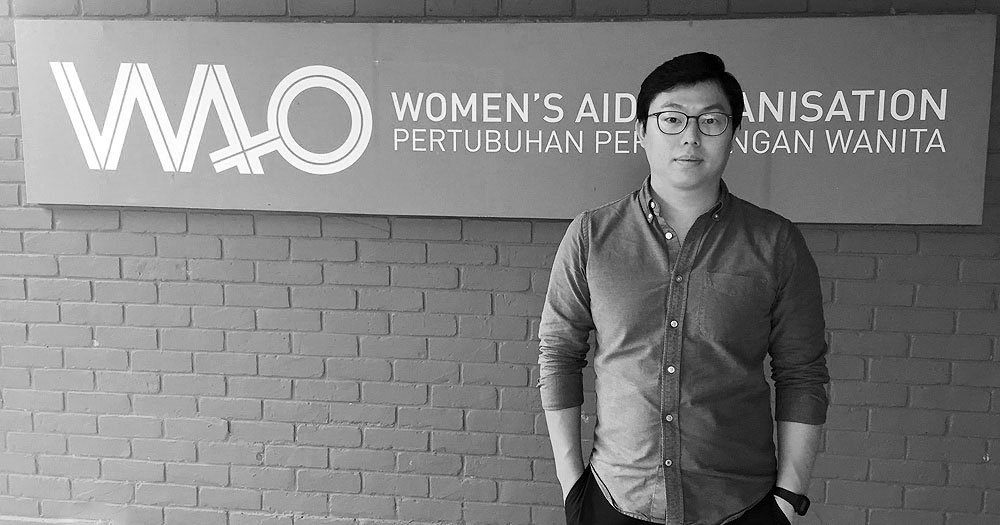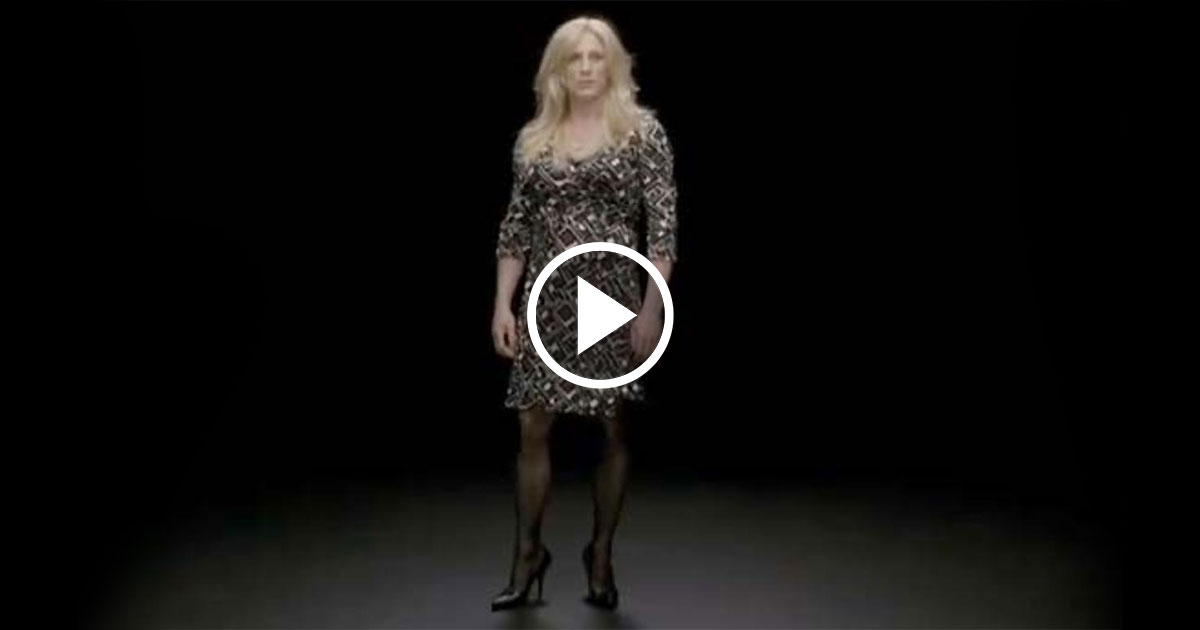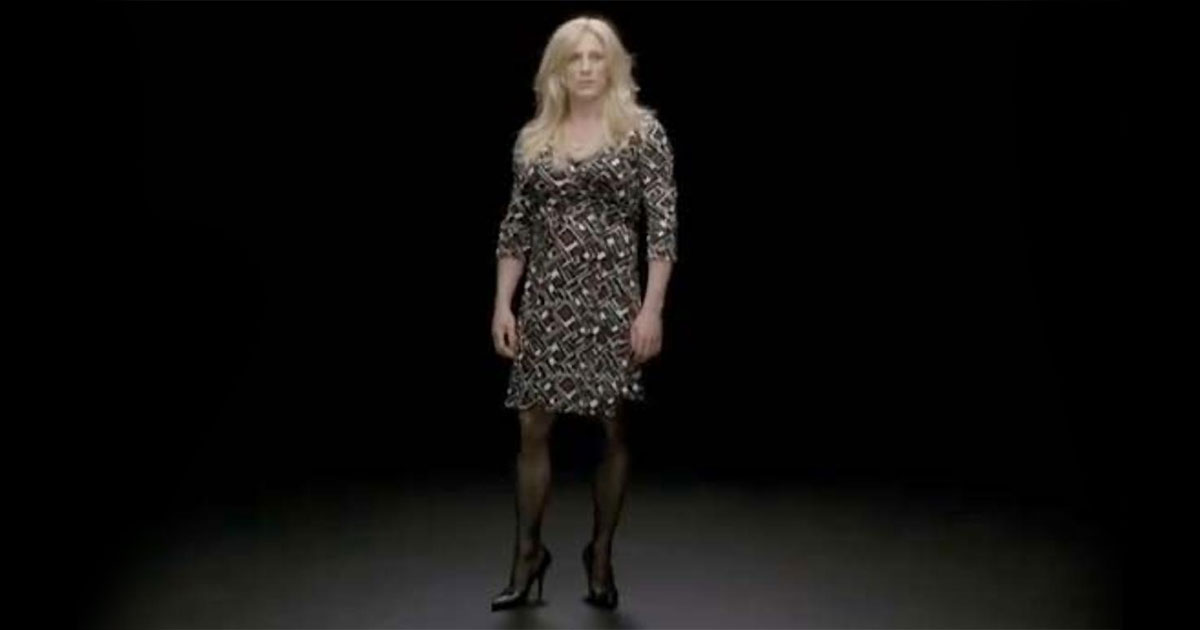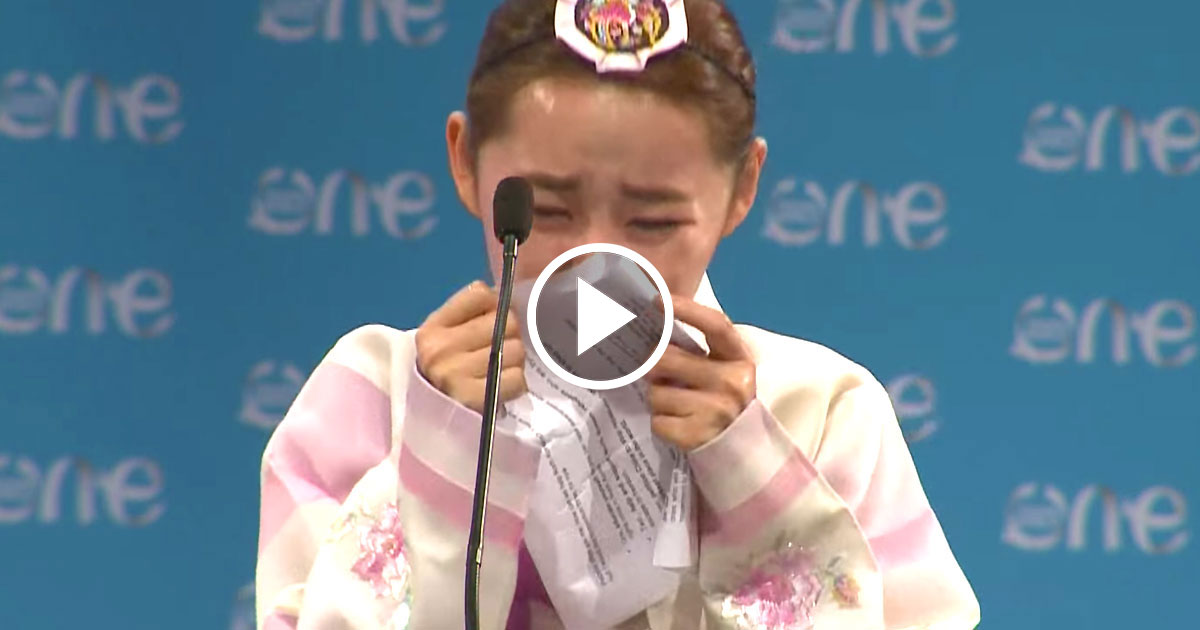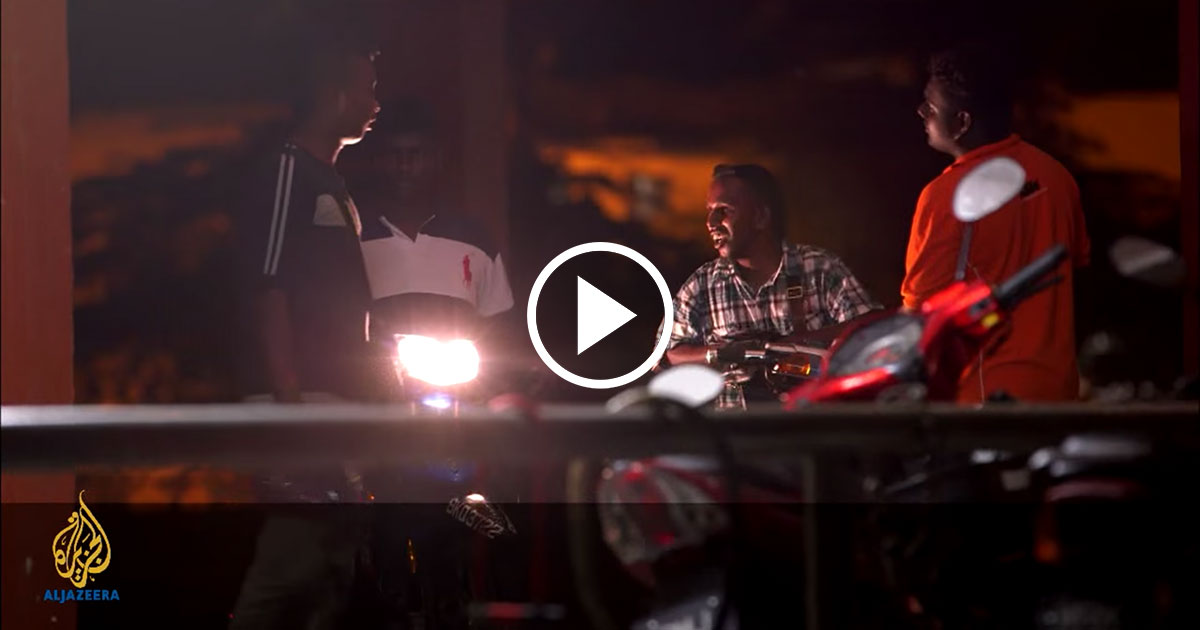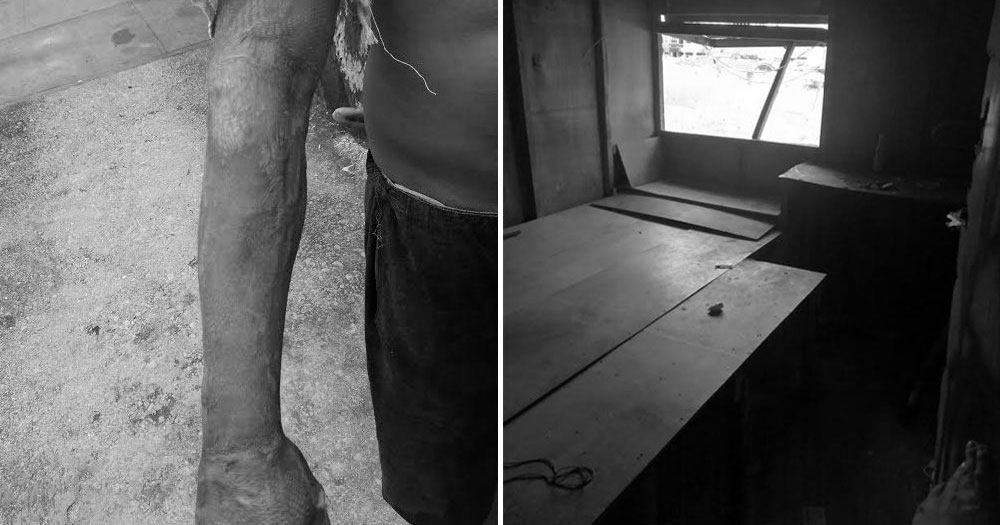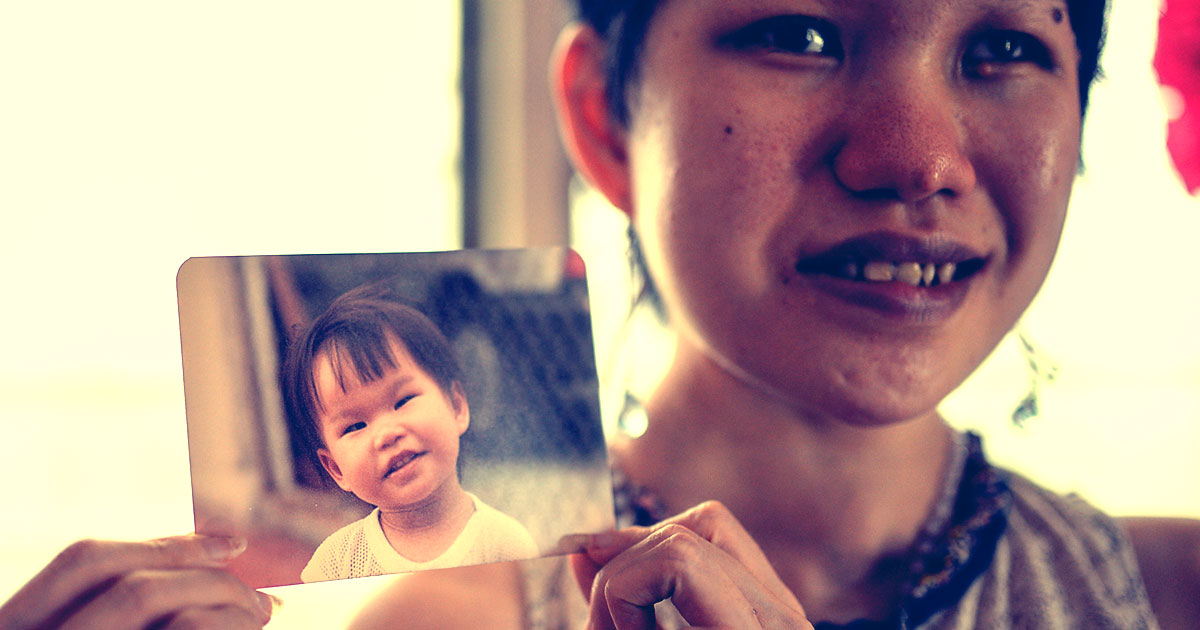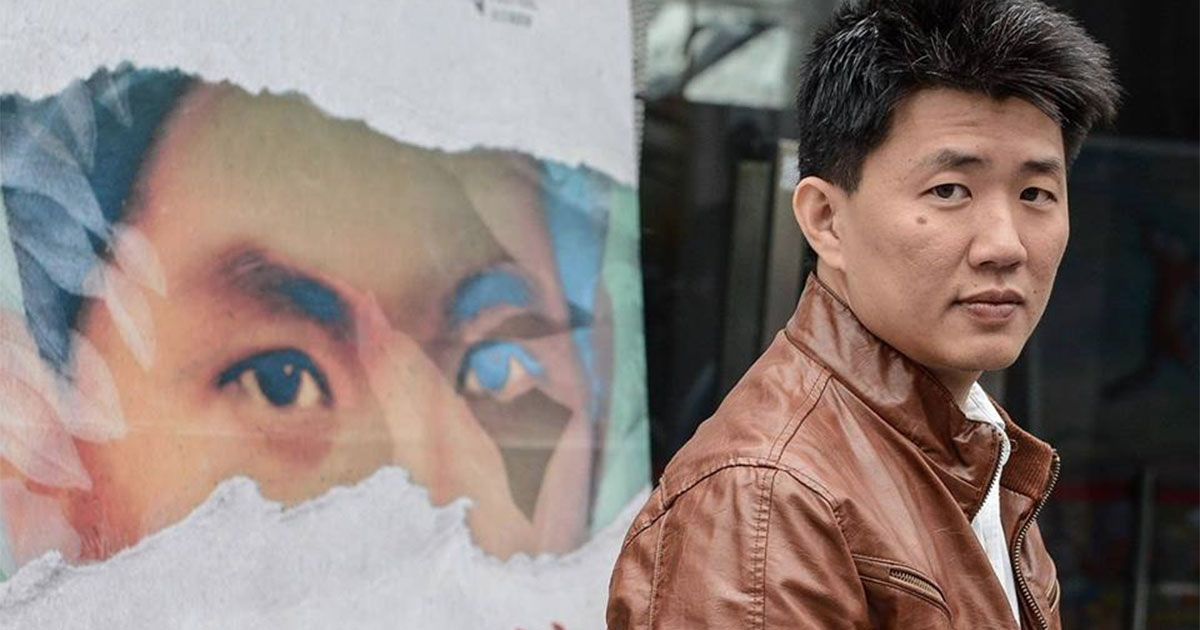Malaysia is deemed as one of the most peaceful and peace-making countries in the globe which also explains why our passport is amongst the best (Amen to that). Nonetheless, like any other society, discrimination still exists in ours — both in the spotlight and behind curtains.
Discrimination is defined as a thought or an act that projects a distinction in favour or against an individual or group based on class, category, group or attributes. To a certain extent, we have become so comfortable and accustomed to living amongst ourselves that at times, some of us cease to realise that we have somewhat contributed to discrimination ourselves, albeit unintentionally.
If we look around us, discrimination occurs in our daily lives. We see it in job ads that requests for “*** only”. We witness it in daily jokes that make fun of racism, even if these jokes were meant harmless. We hear it over the radio sometimes and more often than not, read it in our newspapers and in between lines.
While modernisation have somewhat alleviated the severity of mass discrimination, discrimination is still an ongoing issue whether or not subtly or harmfully, no matter if it’s about race, religion, sexuality, nationality and so on.
Earlier this month was a global celebration of diversity and March is all about Zero Discrimination. It is vital for us to make the most out of the worldwide event as it is clear that we need to come together to put an end to all discrimination. We ought to celebrate our diversity and to promote unity, peace and democracy hands-on by spreading the word and standing up for the cause.
All-month-long, together with our friends at 3ciety.com we are running a Zero Discrimination campaign to raise awareness on this issue and more importantly, to stop discrimination of all sorts.
3ciety is a merchandising marketplace that enables individuals to create & sell custom t-shirts and other custom apparels online. Via the marketplace, 3ciety empowers individuals to not only raise funds through merchandise but also effectively transforming other individuals into a walking billboard for the causes they support.
Join in the #NoDiscrimination movement with us and 3ciety by spreading the word! You can do so without the need to speak your voice. Let your attire do the talking for you.
